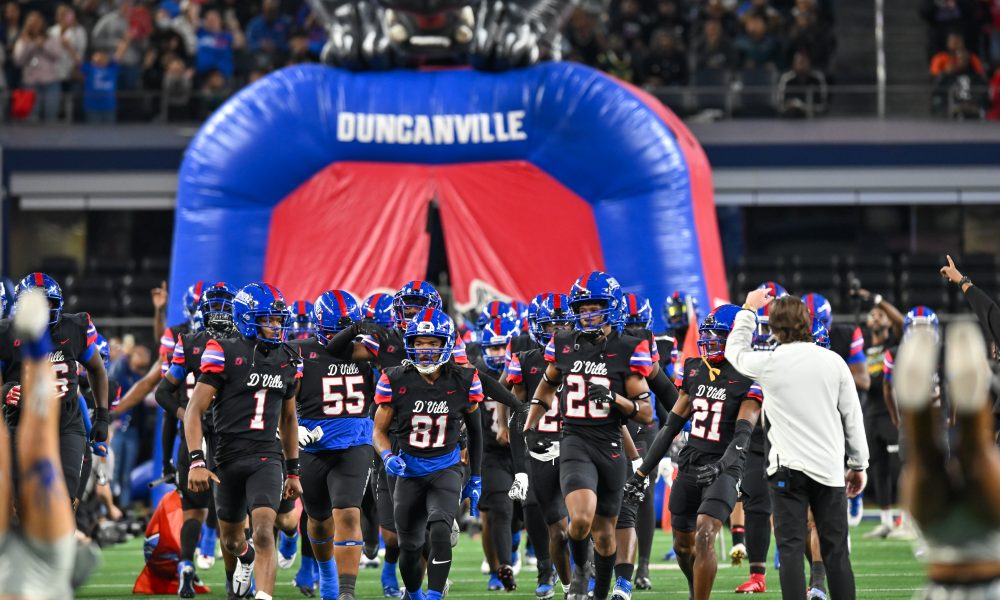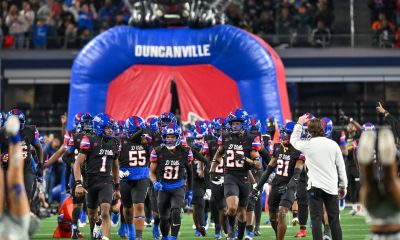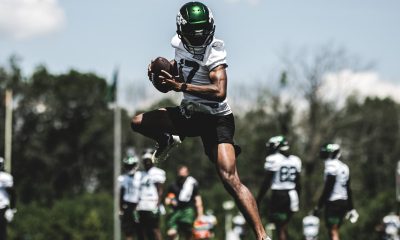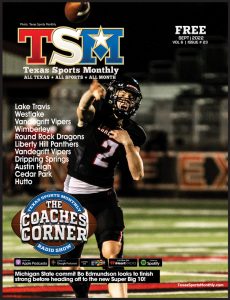More News
-


TEXAS SPORTS
/ 1 year agoManning Signs to Texas
Since Colt McCoy injured his right shoulder in the first quarter of the 2009 national championship game in Pasadena, the Longhorns...
-


College Baseball
/ 1 year agoTexas make 36th appearance in Omaha
When the Longhorns rode into Greenville, North Carolina for their 2022 Super Regional matchup against East Carolina, head coach David Pierce’s...
-
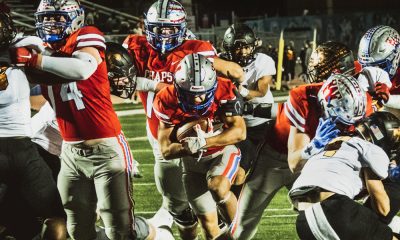

HIGH SCHOOL FOOTBALL
/ 1 year agoOur Top 10 Texas HSFB Teams 2022
Our Top 10 Teams heading into 2022
-
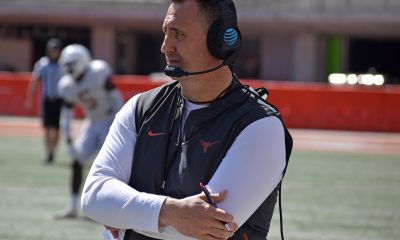

UT FOOTBALL
/ 1 year agoLonghorn Football Preview: 2022
A preview of what to expect on the 40 acres this fall.
-


-
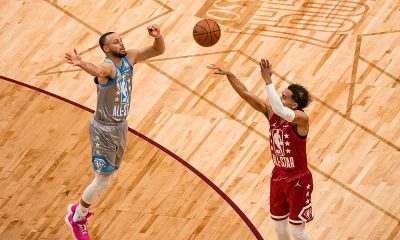

NBA
/ 1 year ago3 BALL NEW ERA FOR NBA
Believe it or not, there was a time in the NBA when teams were built from the inside-out.And it actually wasn’t...
-
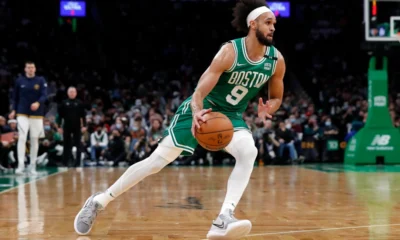

NBA
/ 1 year agoFormer Austin Spur playing NBA Finals
The Spurs’ season may have been over for quite a while, but former San Antonio point guard Derrick White is preparing...
-
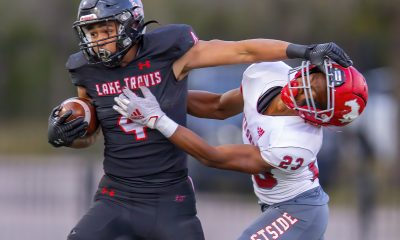

HIGH SCHOOL FOOTBALL
/ 1 year ago7th Annual High School Football Kickoff
Texas Sports Monthly is in the Process of Composing our 7th Annual 2022 Kickoff Season Magazine.This year’s Fall Book is a...
-


HIGH SCHOOL FOOTBALL
/ 1 year agoDave Campbell “the bible of Texas football”
Within the borders of the Lone Star State, the amount of reverence for the name Dave Campbell long ago reached mythical...
-


SOCCER
/ 1 year agoHenderson Engineers Celebrates Q2 Stadium’s One-Year Anniversary
FOR IMMEDIATE RELEASE June 1, 2022 Austin, Texas — Henderson Engineers, a national building systems design firm, celebrates the one-year anniversary...
-


NBA
/ 1 year agoMavs trail series 0-2 in Suns Blowout
Mavs Fall Into 0-2 Hole With Blowout Loss to Top-Seeded Suns in Phoenix last night. Chris Paul went berserk in the...
-
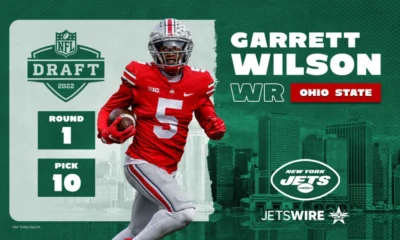

NFL FOOTBALL
/ 1 year agoNY Jets select former Lake Travis WR Garrett Wilson in the 1st Round of NFL Draft
With the 10th overall pick (acquired from the Seattle Seahawks) in the 2022 NFL draft The New York Jets to select...
-
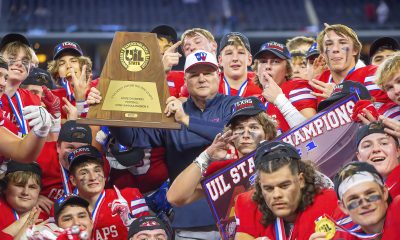

HIGH SCHOOL FOOTBALL
/ 1 year agoWestlake win 3rd Straight Title
ARLINGTON — The Westlake Chaparrals have finished yet another season of Texas high school football unbeaten, unchallenged and unequaled. Westlake (16-0) capped...
-


SOCCER
/ 1 year agoThe Brotherhood of Austin FC
The inaugural season of Austin’s first major league soccer team, the Austin FC, was met with overwhelming excitement and support. From...
-
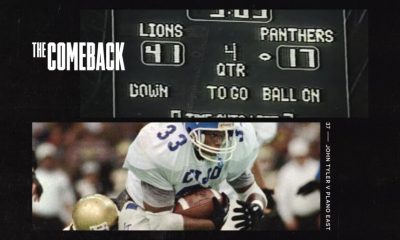

HIGH SCHOOL FOOTBALL
/ 2 years agoThe Greatest High School Football Game Ever Played
It’s approaching midnight on November 26, 1994. The game is winding down, and many of the 40,000-plus fans at Irvings Texas...
-
Football
Any Given Friday -
HIGH SCHOOL FOOTBALL
Lake Travis vs. Cedar Ridge Scrimmage -
High School Baseball
Lake Travis to Replace Two Draft Picks Look to Make Another Round Rock Run -
HIGH SCHOOL FOOTBALL
Cedar Park Timberwolves Bite Back

